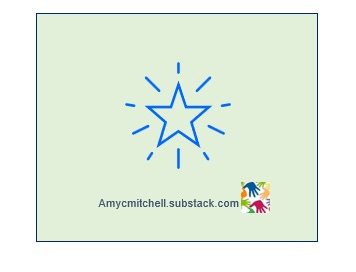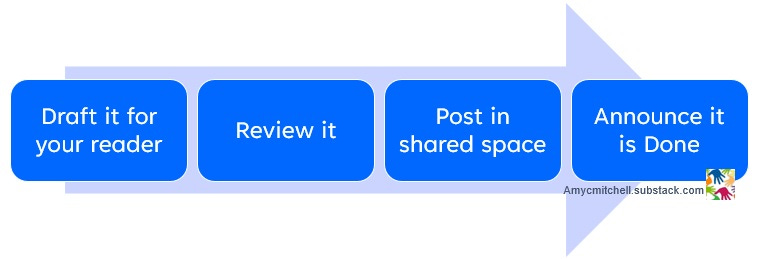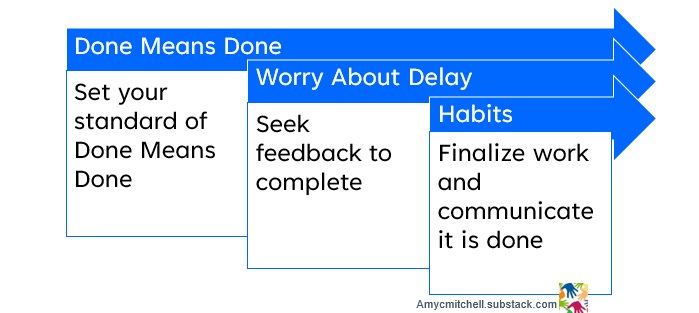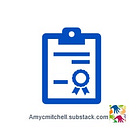Is your list of work-in-progress items growing daily? Do you need to ask for more time on looming deadlines? Product managers do need to be involved cross-functionally on their products - isn't it normal to be involved in lots of activities?
Yes, product managers need to be present for their product teams. Yes, product managers need to know a lot about their customers, markets and product operations.
Stop Spinning Your Wheels
It isn't normal for a product manager to be constantly buried with in-progress work items. Many workflows depend on product managers to move forward:
Stable requirements with clear acceptance criteria
Solid business justification for engineering effort
Bringing the customers' perspective to demonstrations
Consolidating customer feedback for the product team
Communicating about key business metrics to the product team
When the product manager can't get to these key dependencies, deliveries suffer across the product.
When your in-progress work is out of hand to the point that product initiatives are held up waiting for your product manager's insights, it is time to consider a different approach to managing your work.
Let's dig into managing your workload differently.
Done Means Done
A key part of your brand is your definition of done. You might have a lot of work in progress because your definition of done isn't really done. Driving your initiatives to stick the landing on done is important to a successful product workflow.
Here is a definition of done for product people:
A complete draft that is clear for the reader
Reviewed by one person and their feedback incorporated
Posted in a shared space that others can use
Communication that the item is done
Product work depends on workflows with clean handoffs upstream and downstream. When you skip steps, then dependent teams have no way to build on your work. Please don't skip the steps!
Worry about Delays, Don't Worry about Judgement
It is scary to release your work to others! You will get feedback. You will have conflicting opinions. You will need to organize meetings to work through disconnects.
Holding back until you work one-on-one with several key people is not productive. Also shooting for perfection isn't effective.
While you are busy avoiding judgment and conflict, your team is hurting for your material. The rest of the team is waiting for you to set the direction.
The downside of delaying completion is your product team starts working around you.
If you don't hand over requirements, the engineering team makes their own requirements.
If you don't provide feedback on the demo plan, then there is no need to check with you the next time.
If you don't review the product documentation, then your customers will be confused about the changes in your product.
Stop worrying about judgment from your team and focus on the results of being done with your part!
New Habits to Keep Work Flowing
It is hard to put your work out for others to judge. You can build in habits to help you get through the discomfort.
Here are the habits that help you get things done without lingering works-in-progress:
Use your definition of done daily
Estimating your work
Prioritizing your work
Scheduling your work
Communicate about your definition of done
Tell people when you will have the first draft and hit that date
Hold reviews and include feedback
Let your team know you are done
Let them know where to find it
Soon these habits become second nature. You are managing your in-progress work and getting things done.
Conclusion - Completing tasks matters more than you think
Set your guiding principle for Done means Done. Finalizing your in-progress work frees you to take on the next task. A clean handoff to your team empowers others to shine in their product work. Feedback and judgment on your work is scary, but delaying your product initiative is scarier. Build your habits to support Done means Done.
Related articles in Product Management IRL:
Connect to Amy on LinkedIn, Threads, Instagram and X/Twitter











Everybody knows the situation: The Dev Teams needs you feedback; Launches are waiting for your review; A Key Customer has interesting insights awaiting for you but you are stuck in another topic! Highly support Amys conclusions.
For me Personal Kanban with a clear prioritization did a lot. But the best thing is to have a integrated Product Team (In my case Product Growth Team) that is standing united!
My key takeaway: Don't worry about judgement!
Love this post Amy. Do you ever run into politics blocking the product work getting into the done state? I see that quite a bit in my current world. Many cooks wanting to get in that kitchen and have a crack at making the perfect dish.